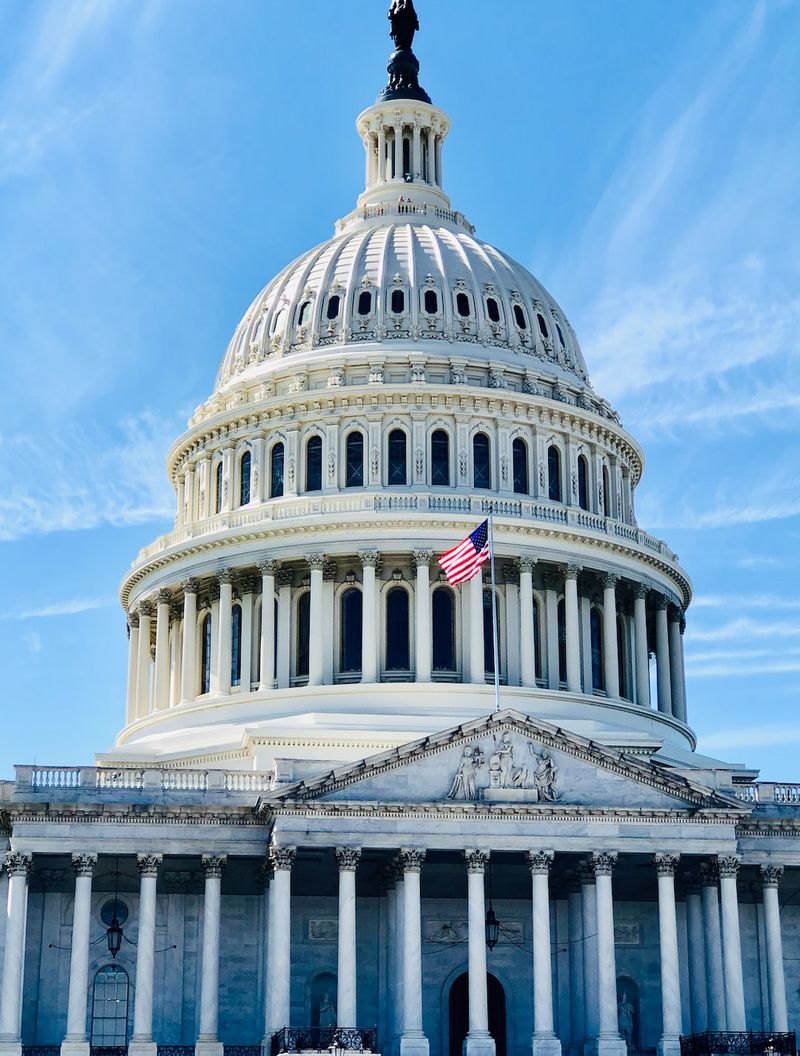Dallas Mayor Eric Johnson Switches Parties, Becoming the Sole Republican Mayor Among Major U.S. Cities
The Mayor‘s Party Switch
Dallas Mayor Eric Johnson made headlines on Friday when he announced that he is switching parties and will now serve as a Republican-affiliated mayor in the predominantly blue-leaning city. While the Dallas mayoral office is officially nonpartisan, Johnson had previously served as a Democrat in the Texas legislature. In an op-ed published in the Wall Street Journal, Johnson criticized Democratic policies for contributing to “exacerbated crime and homelessness” and emphasized the importance of championing law and order and practicing fiscal conservatism in America’s urban centers.
The Need for Republican Leadership in Urban Centers
In his op-ed, Johnson argued that the future of America’s great urban centers depends on mayors who are committed to principles such as law and order and fiscal conservatism. He praised the GOP for its long-standing commitment to these principles and contended that American cities need Republicans just as Republicans need American cities. By switching parties, Johnson aims to bring a different perspective to his leadership role and challenge the prevailing Democratic ideology that has dominated urban politics in many cities across the country.
Implications for Dallas and Beyond
Johnson’s decision to switch parties has significant implications for Dallas and the broader political landscape. As the only Republican among the mayors of the 10 most populous cities in the United States, Johnson’s affiliation change marks a notable shift in power dynamics within urban politics. It also illustrates the ongoing ideological battles between Democrats and Republicans, even in cities traditionally associated with Democratic dominance.
Reactions from Democrats and Republicans
The Texas Democratic Party did not hold back in criticizing Johnson’s party switch. In a scathing statement, they accused him of being dishonest with Dallas voters and suggested that his flip only occurred because he anticipated losing to a Democrat in the mayoral election. They argue that Johnson’s move to the Republican Party will align him with the GOP‘s values and tarnish the brand of the Texas Democratic Party. On the other hand, Texas Republican Governor Greg Abbott welcomed Johnson’s new party affiliation, praising his pro-law enforcement stance and his resistance to leftist agendas.
The Significance of Urban Politics
Johnson’s party switch brings to the forefront the significance of urban politics in shaping the broader political landscape. As cities become more populous and influential, the policies and leadership of urban mayors have the potential to shape national conversations and set the tone for their respective parties. The ideological differences between Democrats and Republicans on issues such as crime, homelessness, and fiscal responsibility are magnified in urban centers, where the impacts of these policies are often most visible.
Editorial: The Importance of Pragmatism
As the political landscape continues to evolve and party affiliations shift, it is crucial for leaders to prioritize pragmatism over strict party loyalty. Johnson’s decision to switch parties may be a strategic move to better align with the values he deems necessary for effective governance in Dallas. However, it is also a reminder that political affiliations should not be seen as an endpoint but rather as a means to achieve the best outcomes for the communities they serve. By focusing on effective solutions rather than rigid ideology, leaders can better address the complex challenges faced by urban centers.
Advice for Elected Officials
Elected officials should take note of Johnson’s journey and consider the importance of transcending party lines to prioritize the needs of their constituents. The wellbeing of cities and their residents should always be the top priority, and partisan gridlock only serves to hinder progress. Leaders should be open to ideas from across the political spectrum, willing to engage in productive dialogue, and committed to finding practical solutions that deliver tangible results. By adopting this approach, elected officials can better serve their constituents and foster a more inclusive and effective governance.

<< photo by Ajay Parthasarathy >>
The image is for illustrative purposes only and does not depict the actual situation.




